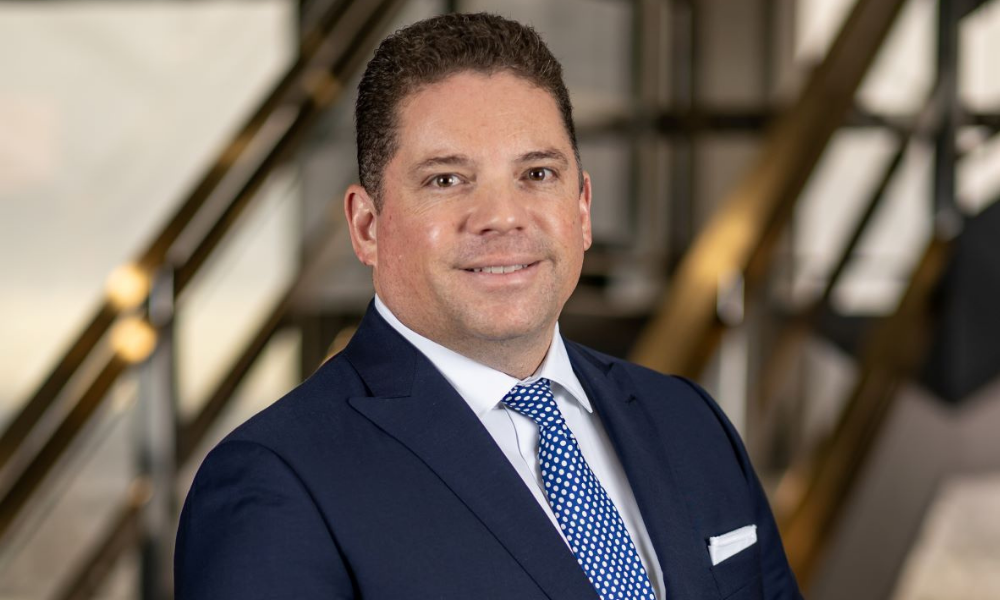How specialist knowledge is now required to guide clients through this quagmire

With more people working from home and aging baby boomers travelling to the U.S., more clients are facing cross-border issues than ever before. One specialist, therefore, recommends advisors solicit help from cross-border specialists as clients’ situations may be trickier than they realize.
“The cross-border situation is way more complicated than the domestic, and every situation has a wrinkle,” Darren Coleman, Senior Vice-President and Portfolio Manager in Coleman Wealth of Raymond James, told Wealth Professional. “That’s why I say, ‘find those people who have really devoted time and effort to become an expert at it’ because it will benefit you and your client.”
Coleman said the number of clients dealing with cross-border financial issues has increased in the pandemic. Many have returned to Canada to continue working for a U.S. company, so now have questions about residency and where to file tax returns or how to deal with retirement accounts when the other country’s financial institutions must be licensed and registered where clients reside.
“There’s more complexity for the global worker, which has created a bunch of challenges,” he said.
Cross-border family issues have also increased during the pandemic. Canadians may be appointed as executors here while parents’ estates are there. Others may have been assigned inheritances from U.S. relatives and wonder how to receive those on a tax-deferred basis when not residing in the U.S.
“That’s one of the first things we often deal with is just to help people understand what their current status is, so they can have a fuller understanding of their complications, and then we can look for solutions,” said Coleman. “But, I think the one commonality we find for people in either of those categories is this gets a lot more complicated than they thought it was.”
He noted that Canadians are taxed on residency while Americans are taxed on citizenship, so U.S. taxation and administration needs to be part of their planning because it adds more complexity. He recommended that advisors inquire about all of their clients’ tax filing status and also ask whether their children will be their executors or beneficiaries, even if they’re located in the U.S..
“Most people aren’t aware just how much the border can affect them,” he said. “So, I think this is very important for advisors because we find many advisors domestically don’t even recognize the importance of asking about the tax status of their clients and their family members, and I think we’re also seeing that taxation is going to get increasingly innovative, which is not what we want.”
“We have the leading cross-border wealth management practice in North America, and we’ve been doing this for a decade. We’re also fully operational in Canada and the U.S., so we tend to solve these problems for people,” he said, noting that clients arrive wondering why it’s so complicated. “Financial institutions in either country don’t really have a solution for this, which surprises people. They think that, because their phone works in both countries, their money should, too.”
Coleman noted government rules are also changing. The U.S., for instance, has a very substantial U.S. estate tax and gift tax exemption. So, if there’s less than $11.5 million, its estate tax isn’t an issue. But, that number will drop to a couple of million dollars by 2025, so “there may be people who think ‘this doesn’t affect me,’” he said, “but they need to get ahead of it, or they’ll be surprised.”
There can also be complications when one spouse is an American tax filer, and the other Canadian. That can have implications for capital gains on their Canadian home since that is tax-free for the Canadian partner, but taxable for the American-born partner.
“It’s possible to do some fairly easy planning to make that a non-taxable event for both of them,” said Coleman. “But, if they don’t attend to it, they’ll be very shocked that they may have hundreds of thousands of dollars in tax, and we regularly encounter this where clients had no idea, and it wasn’t even a blip on the radar for their domestic advisor.”
Coleman recommended that advisors check out the small number of cross-border tax and estate experts online, and the financial advisors they work with, and then partner with them to understand the issues on both sides of the border, the interplay of their systems, and where the cracks exist.
“My advice to advisors who wish to learn about this is: unless you’re willing to get deep into it, partner with someone who does know how to do it because you have to develop a significant amount of expertise,” he said. “Don’t amateur hour this one.”



